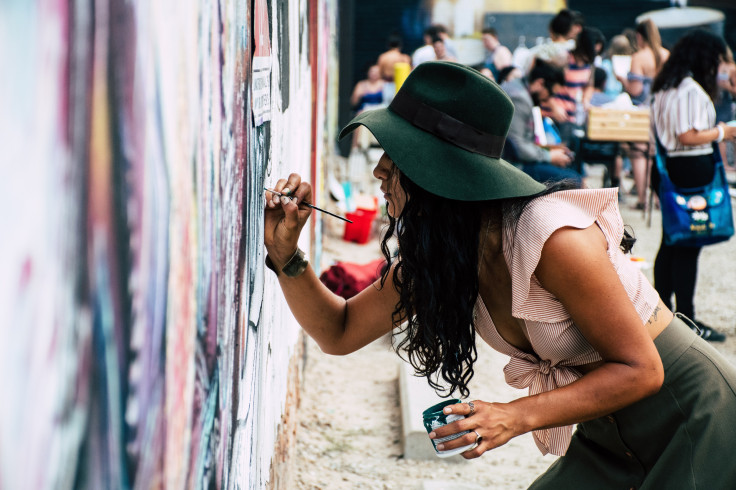
Arts and culture events by non-profit organizations of minority communities have almost the same power of attraction of overall US numbers, according to a recent on the economic impact of the arts industry.
In an analysis of the event-related spending by audiences in the U.S. Americans for the Arts (AFTA) concludes that people who go to events organized by Black, Indigenous and People of Color (known as BIPOC) cultural and artistic non-profits, as well their African, Latino, Asian, Arab and Native American (ALAANA) counterparts spends $38.46 per person per event. The national average --including events by organizations of every ethnic group in the country-- amounts to $38.46, AFTA concludes in a far-reaching study called 'Arts & Economic Prosperity' (AEP6).
Focused on non-profit organizations that promote arts and culture, two fundamental pillars of identity of any racial or ethnic group, AFTA concludes that these institutions, as an industry, generate billions of dollars and employ millions of people, and constitute a powerhouse of stability for many communities.
The report highlights that the amount of money audiences spent is for the cost related to transport to the venues, food and beverages bought offsite, childcare, etc.
"The typical attendee to a nonprofit arts and culture event spent $38.46 per person per event (not including the cost of admission or food and drink purchased on-site during the event)," is said in the report.
The study is conducted every five years to measure the economic impact --on employment, government revenue and household income—from spending by nonprofit arts and cultural organizations and spending event-related by their audiences.
For the first time, AFTA included participation from organizations that serve or represent the BIPOC and ALAANA groups. 17% of the almost 225,000 people surveyed were part of these minorities.
Non-profits can be huge businesses
According to the AEP6 report, nationally, the arts and culture sector generated $151.7 billion of economic activity in 2022: $73.3 billion in spending by arts and culture organizations and an additional $78.4 billion in event-related expenditures by their audiences. That economic activity supported 2.6 million jobs, including restaurants staff, taxi drivers, babysitters and everyone who makes "a night at the theatre" possible.
The report claims the results should increase funding support to non-profits ran by minorities so their "organizations receive fair and proportional financial support, a necessary first step in correcting grant award processes that have frequently proven to be historically and systemically unbalanced." "A 2019 Americans for the Arts report, for example, found that among local arts agency grantmaking organizations, the largest 16% of grant recipients (by budget) received 73% of the dollars awarded".
Communities that support organizations centered in creating, advancing, promoting, and preserving artistic and cultural traditions rooted in a community of color, the report says, "can be confident that they are both fortifying their local economy, and supporting venues and activities that provide safe and affirming spaces for people who have been historically marginalized."
The report also states that art and culture help build empathy and understanding among the general population: 72% of Americans believe, "arts provide shared experiences with people of different races, ethnicities, ages, beliefs, and identities (gender, political, national origin) ," and 73% agree that the arts "helps me understand other cultures better."
AEP6 states that the importance of the arts go beyond their economic and financial impact, focusing on the intangible effect on communities. To illustrate this, the report says that 89% of arts and cultural event attendees agreed that "the event they attend inspires a sense of pride in the neighborhood or community," and 86% responded that "they would feel a great sense of loss if it were an activity or place "were no longer available."
© 2025 Latin Times. All rights reserved. Do not reproduce without permission.





